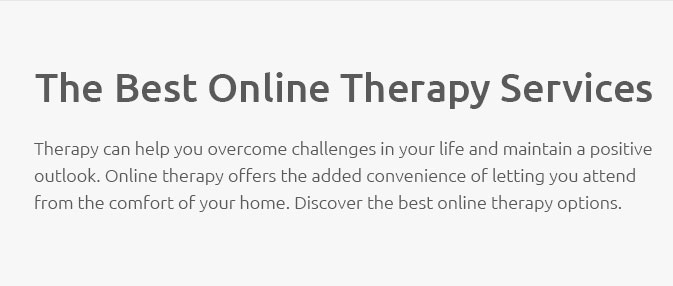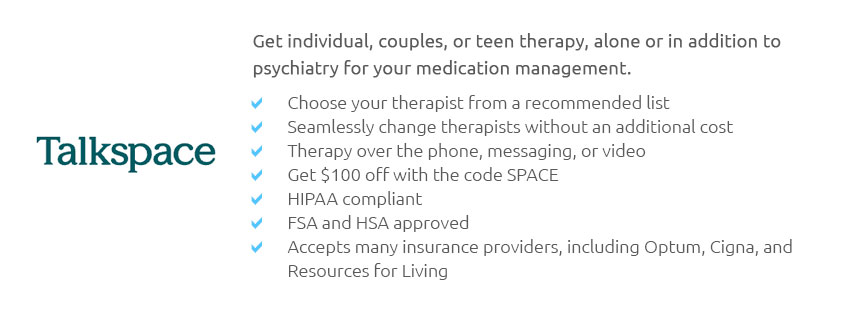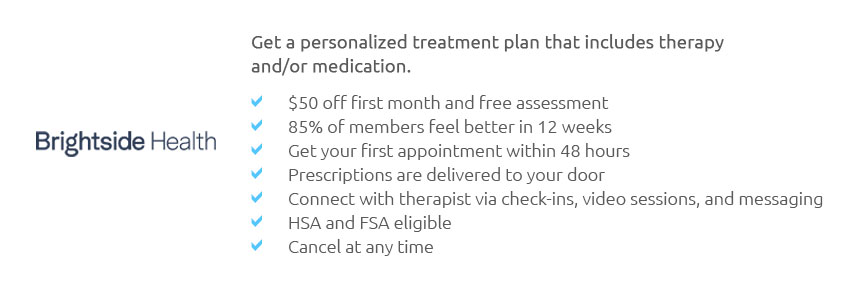 |
 |
 |
|---|
 |
 |
|---|
 |
|
|---|---|
 |
 |
 |
 |
 |
 |
 |
 |
 |
 |
 |
 |
 |
 |
 |
 |
|---|
Comprehensive Guide to CBT Therapy in Tucson, AZUnderstanding CBT TherapyCognitive Behavioral Therapy (CBT) is a popular form of psychotherapy that focuses on changing unhelpful cognitive distortions and behaviors, improving emotional regulation, and developing personal coping strategies that target solving current problems. Key Principles of CBT
Benefits of CBT Therapy in TucsonChoosing CBT therapy in Tucson, AZ offers numerous advantages. This approach is effective for treating a variety of disorders, such as anxiety, depression, and PTSD. The structured nature of CBT is ideal for those who appreciate a more hands-on and practical approach to therapy. Accessibility and AvailabilityWith a range of experienced therapists in the area, finding how to find a great therapist becomes an easier task. Many therapists offer flexible scheduling and teletherapy options. What to Expect in a CBT SessionCBT sessions are typically structured and collaborative. Initially, the therapist works with the client to identify specific problems and set goals. Over subsequent sessions, clients learn to challenge negative thoughts and replace them with healthier alternatives. Typical Structure of a Session
Homework assignments are a key component, reinforcing the skills learned in sessions. FAQ About CBT Therapy in Tucson, AZWhat conditions can CBT treat effectively?CBT is effective for a wide range of issues including depression, anxiety disorders, marital problems, and severe mental illness. How long does CBT therapy last?The duration of CBT varies, but it typically ranges from 5 to 20 sessions, depending on the complexity of the issues being addressed. Exploring Alternatives to CBTWhile CBT is highly effective, it is not the only therapeutic approach available. In some cases, exploring other options such as Dialectical Behavior Therapy (DBT) or Acceptance and Commitment Therapy (ACT) may be beneficial. For instance, those interested in exploring different therapeutic environments might consider checking out therapists in Jackson, WY to compare different therapeutic approaches. Ultimately, the decision to choose a particular type of therapy should be made in consultation with a qualified mental health professional who can tailor the approach to meet individual needs and goals. https://www.calmocd.com/tucson-ocd-therapy
At CalmOCD, in Tucson Arizona, our goal is to help patients face the things they have been avoiding (avoidance of triggers is the most common compulsion) ... https://transitionscounselingandconsult.com/location/transitions-counseling-central-tucson-arizona/
At our clinic, we provide expert counseling in Central Tucson, supported by a variety of treatment approaches including EMDR, acceptance and commitment therapy, ... https://thriveworks.com/tucson-counseling/
Thriveworks Counseling Tucson is located on Wetmore Road between N Stone Ave and N 1st Ave. We are inside the Arizona Complete Health building, sharing the ...
|
|---|